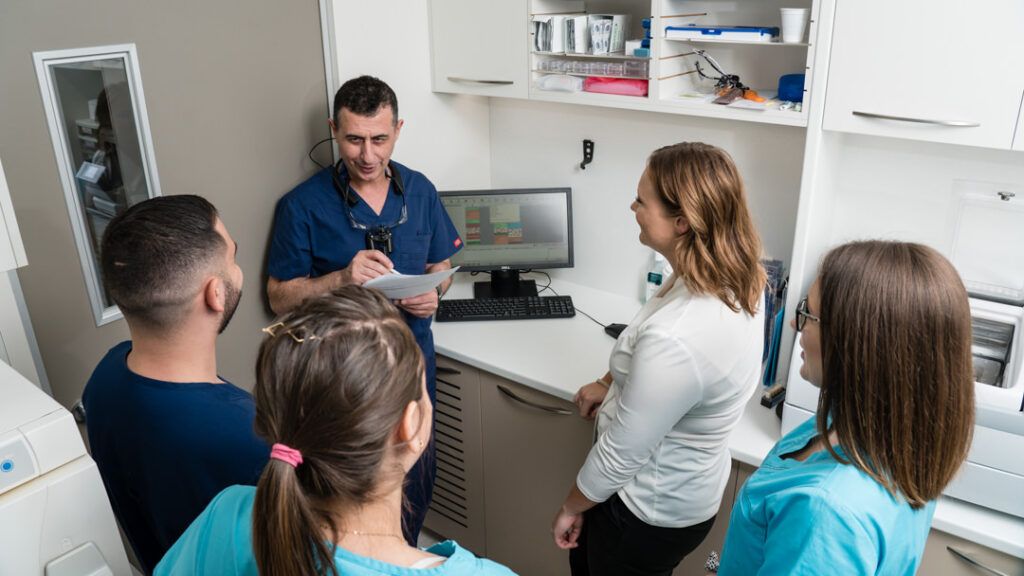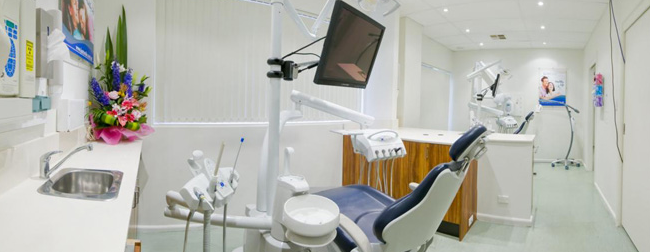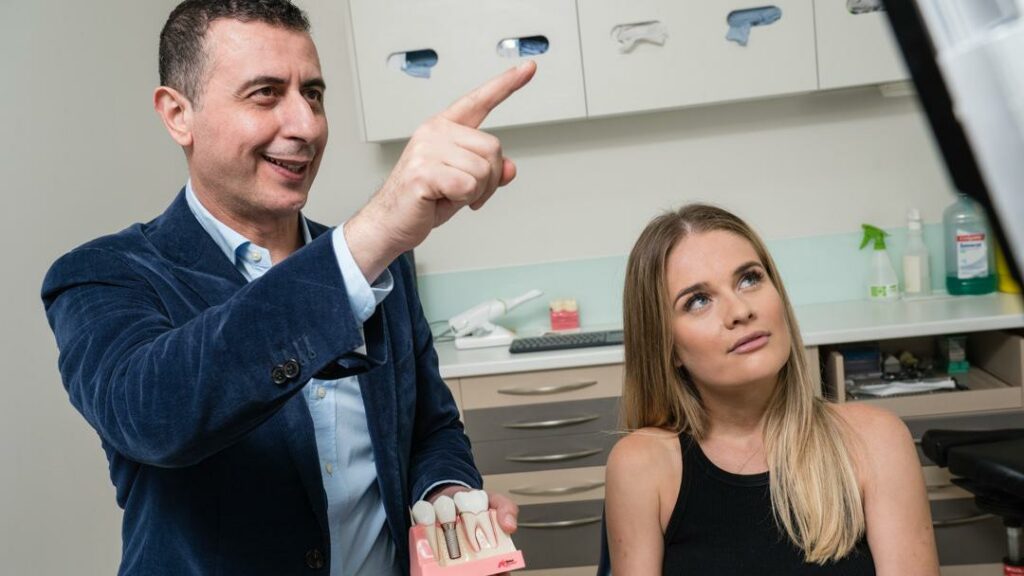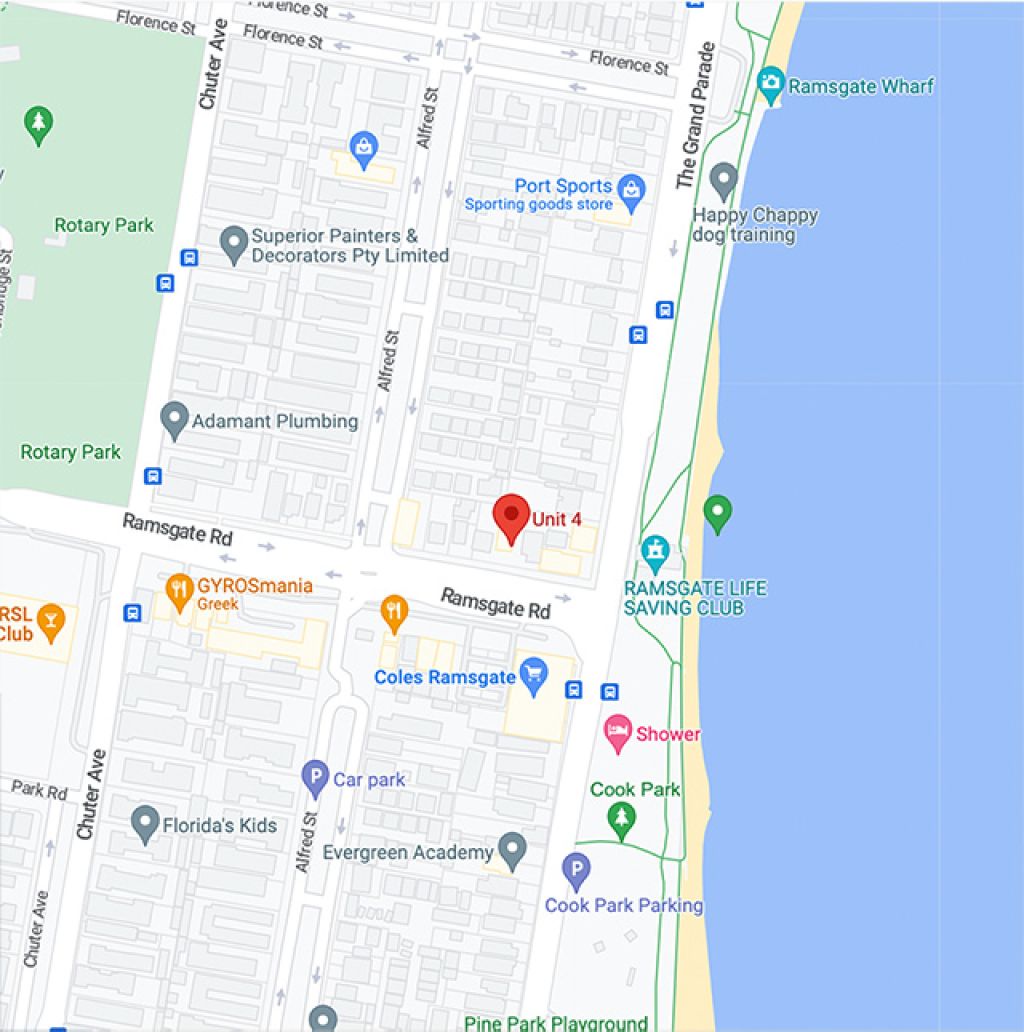
Sedation Dentistry: What is It & What to Expect
Sedation dentistry could be the difference between a comfortable dental appointment and one that leaves you anxious, in pain, and uncomfortable. Did you know that dental phobia and anxiety affect every 1 in 6 Australian adults?
No one enjoys experiencing the pain associated with dentistry, and this is one of the main reasons for their concern. Perhaps you even had a terrible experience in the past that has given rise to your anxiety.
Have you avoided going to the dentist because of the feelings associated with it? If so, you’re not alone, but the and memories shouldn’t affect your dental health.
If you’re curious about sedation dentistry and what it could mean for you and your oral hygiene, then keep reading.
What Is Sedation Dentistry?
Though you’re technically awake, sedation dentistry uses a moderate level of sedation that makes you extremely relaxed and comfortable. It’s also known as conscious sedative dentistry or a term called “twilight sleep.” The goal is to trigger a feeling of forgetfulness, whereby you lose your sensitivity to the pain without losing consciousness.
This kind of dental procedure can facilitate a feeling of calm throughout your time in the chair, which is ideal for nervous patients.
The Difference Between Sedation and Anaesthetic
On a scale of consciousness, sedation and general anaesthesia are at distinct levels and we’ll touch on that in a moment. What we want to note, however, is that there is a difference between sedation and local anaesthetic, which differs from general anaesthetic. An injection of a local anaesthetic will help stop the pain you may experience during a medical procedure.
It effectively blocks the pain signals from moving through your nerves and to the brain. While we commonly use this in dentistry, it is not the same as sedation. You will still be conscious with local injection, but there is the option of using sedation as well to lessen your awareness.
Reasons to Have Sedation
There are plenty of reasons to investigate sedation for your next dental procedure and there are plenty of benefits too. People of all groups and ages, including children, can benefit from dental sedation.
Some of the common reasons to go for this level of sedation are:
- Dental phobias
- A strong gag reflex
- Extreme tooth sensitivity
- Feelings of claustrophobia
- Sensitivity to local anesthetic
- Special requirements like cognitive or behavioural concerns
- Aversion to needles
- Limited control over movement
If these sound at all like what you experience, then you may be a great candidate for dental sedation. Before we get into more, let’s discuss the different types of sedation a dentist may offer.
Types of Sedation
Depending on your unique needs, sedation comes in a range of levels, from the relatively simple to the more complex, like IV treatments and general anaesthetic. Some considerations the dentist may make include:
- Your level of anxiety
- The duration of your procedure
- Your medical history
- Your personal preferences
The most common, however, are oral medications, inhaled sedation, and IV treatments. These all fall on a scale of sedation, from minimal to deep sedation.
Oral Sedation
About an hour before your treatment starts, your dentist will give you a sedative oral medication, usually in the form of a tablet. This is oral conscious sedation. Liquid sedatives, including midazolam oral syrup, are often used in paediatric dentistry.
You’ll get tired and/or drowsy but you will be able to interact with your dentist as they need it. They will simply give you a gentle nudge awake. It may briefly impair your memory and motor skills after your treatment, so you’ll need a friend or family member to drive you home.
Intravenous Sedation
The most intense conscious sedation method available in a dental office setting is IV sedation dentistry. Your healthcare provider injects sedative medications directly into your bloodstream through an IV line. Throughout the procedure, your dentist will monitor your oxygen levels, blood pressure, and heart rate.
At any moment during the procedure, they can change your dosage and, if necessary, use reversal medications.
Most patients who have this do it while having their operation, and when they wake up, they have little to no memory of it. This is the best choice for people who experience a lot of dental anxiety or who require many treatments.
Pre-procedure Protocols for Intravenous Sedation
While some practices may differ, there are a few standard rules around IV sedation and it’s important to be aware of what you need to do. They are simple things at least, and with the right planning, won’t be an issue.
Here are a few standard instructions:
- Don’t eat 8 hours before
- No smoking about 12 hours before
- A responsible adult must accompany the patient
- The patient must not drive or operate heavy machinery within 24 hours
- Wear loose-fitting clothes that can be rolled up
- Remove contact lenses, dentures, and jewellery
- Don’t wear lipstick or excessive makeup
- Notify the office if you have a sore throat or stomach issues
- Check with your dentist regarding other oral medications
Inhaled Sedation
With a process like inhaled sedation, your dentist will use a mask to administer Nitrous Oxide, which you may know as “laughing gas.” This particular sedative kicks in quickly and wears off just as fast.
After breathing it in for 3-5 minutes, you’ll feel its calming effects. Your dentist will control the level of sedation you receive throughout the treatment and adjust the dosage as necessary. After the procedure, your dentist will administer pure oxygen to help your body rid itself of the nitrous oxide.
The effects of inhaled sedation wear off fairly quickly, so within 10-15 minutes, you’ll be the same as you were when you entered, meaning you’ll even be able to drive yourself home.
General Anaesthetic
While less common for standard dental procedures, there are circumstances where a dentist may use a general anaesthetic to perform their procedure. This is particularly necessary for:
- Young children
- Adults with special needs
- Those struggling with significant anxiety
This level of sedation must be carried out at a hospital and your dentist must have specialized training in order to administer it. Like any other operation, you would be completely unconscious during the procedure. It’s important to note that the dentist doesn’t administer the anaesthetic, an anesthesiologist does, but they still require special training.
What Happens Before Sedation?
The good news is that sedation is something that you and your dentist will be on the same page about. They will go over your options at your initial consultation and from there discuss your needs. They will ask about your medical history, as well as if you’re taking any kind of medication or supplements.
Once they have all the necessary information, they will offer recommendations for sedatives based on your unique needs. It is also not uncommon for them to do trial sedation with you to judge your response before they go ahead with the treatment.
In most cases, you should refrain from eating or drinking anything for at least six hours prior to your dentist appointment, but ask your dentist what they recommend. Additionally, unless your dentist instructs otherwise, take all your normal prescriptions.
However, you should make sure to let your dentist know if you’re on any blood thinners. They may recommend that you refrain from taking any a few days before your procedure.
Is Being Sedated Safe?
Sedation is a safe and easy solution but as with all things, there is a small possibility of secondary issues. It’s important to have all the information when deciding on a new procedure, so let’s look at some of the possible immediate risks:
- Persistent drowsiness
- Dry mouth
- Vomiting and nausea
- Headaches
- IV bruising
Additionally, it can be challenging to predict the effects of oral sedation, though allergic reactions are rare. Over-the-counter or prescription medication can help most of these issues.
Who Can Perform Sedation?
Most dentists are able to provide mild sedation (such as nitrous oxide or pills), however, more dentists now are able to administer mild anaesthesia like IV treatments.
However, they must meet the necessary requirements to use IV sedation in their dental offices. Only those whose registrations are supported for conscious sedation are permitted to use this technique in their practices. Additionally, practitioners must maintain their training and education to keep using it.
The Australian Health Practitioner Registration Authority (AHPRA) strictly polices the process. Those who are fully qualified and working in conditions that the AHPRA has approved can use IV sedation methods.
What Treatments Can You Get While Sedated?
The world is your oyster, so to speak, and with this flexibility comes the luxury of choice. You will probably be able to have any kind of dental procedure under sedation, but these are the most common:
- All-on-4 implants
- Root canal treatments
- Wisdom teeth removal
- Dentures
- Gum treatments
- Cosmetic dentistry
- Dental implants
- Preventative dentistry
How Much Does Sedation Cost?
Sedation is an absolutely acceptable technique for anyone with a real fear concerning the the dentist office but there is a cost associated with it. Sedation may be included in the price charged by a dentist office for more difficult operations, such as cosmetic dental work. However, many dental insurance policies do not pay for conscious sedation if a doctor does not mandate it.
So while there are cost considerations, it is not easy to give a straightforward answer. The cost of sedation can vary depending on:
- The kind of procedure you’re doing
- The type of sedation you’ve chosen
- What drugs we use
- How long you’ll be sedated
However, in plenty of cases, sedation can actually reduce the costs. Sometimes the stress can make a procedure run long, or even be split over several parts. Sedation can help you have your treatment in a single sitting, reducing the cost of a multi-session plan. And, at the end of the day, if you consider the real cost of not going through with the treatment because of anxiety then being sedated is worth the cost.
How to Be a Savvy Patient
There are a couple of things you can do to ensure everything goes smoothly. Of course, you’ll want to choose a dentist that you feel safe and comfortable with, but we have a few other handy tips.
Ensure you go over your medical history with your dentist before your operation and disclose any concerns you may have. You can also enquire about what the acceptable dosage is for your condition and age. Plenty of people feel less anxious when they have more information and this could help put your mind at ease.
Also, don’t hesitate to ask the dentist what kind of training they’ve done or even how many treatments they’ve performed. The higher the number, the better equipped the dentist will be.
Finally, before the procedure, make sure the dentist gives you a form outlining the potential risks. Examine this document thoroughly and go over any areas of concern with your dentist.
Don’t be shy about asking for clarification on certain areas or specific notes. The more you know, the better you’ll feel.
High-Quality Care Without the Stress
There’s never a benchmark for anxiety, and our goal is to ensure you are as relaxed and prepared as possible. If you feel you need to be sedated, then we will support you. Sedation dentistry doesn’t have to feel like an overwhelming procedure and it could be well worth the extra cost to keep your smile looking brand new.
For even more complex procedures it may even be invaluable.
Contact us today to make an appointment and let us help you achieve your dental goals.



